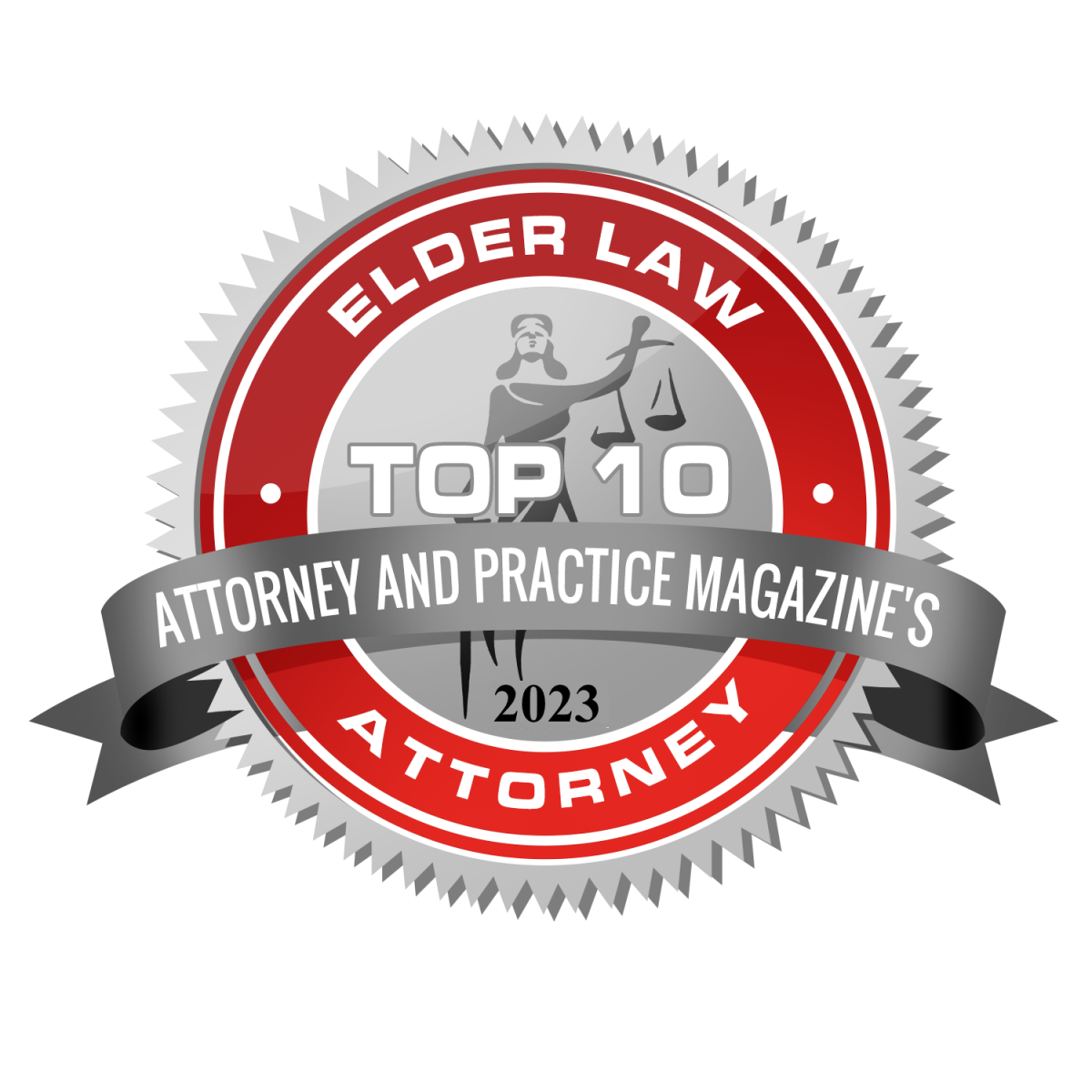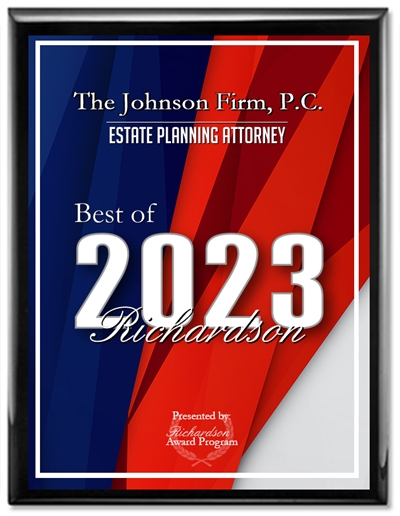A Guide to Continuing Care Retirement Communities
Submitted by The Johnson Firm on
Among aging Americans, continuing care retirement communities (CCRCs) or life plan communities are becoming increasingly popular. These senior living communities offer the array of care options necessary for aging adults to move through the stages of independent, assisted living, memory care, and skilled nursing facilities. Beyond health care, CCRCs offer a wide range of services, such as:
The Responsibilities of a “Fiduciary”
Submitted by The Johnson Firm on
You might be asked to be a power of attorney for a family member or friend. Your person may be planning for when they might become unable to take care of their affairs. For example, they might become disabled or incapacitated, and they would need a trusted person to step in and manage them.
The Risk of Dementia Increases by 30 Percent in Those Aged 50 and 60 Who Live Alone
Submitted by The Johnson Firm on
There is a growing trend toward Americans aging in place when it comes to housing arrangements for the elderly. Nearly all older adults prefer to age in the comfort of their long-time homes and familiar community surroundings. Aging in place often means living alone.
What to Know When Setting Up Your Trust and Selecting a Trustee
Submitted by The Johnson Firm on
There are many people who use trusts, not just the wealthy. In addition to serving many purposes, they address specific problems that are less concerned with wealth, and put the focus more on family dynamics.
Putting Your Wishes Into Writing: Dementia Directives for Hand-Feeding and Hydration
Submitted by The Johnson Firm on
Sadly, many of us have witnessed the slow and dehumanizing death of loved ones and friends suffering from Alzheimer's. In the final stages of this and other dementia diseases, there comes a time when your loved one can no longer speak, recognize family members, or move purposefully.
A Spouse’s Rights to Protection Against Impoverishment
Submitted by The Johnson Firm on
A safeguard has been in place to protect the savings of married couples who use Medicaid for over 30 years. These protections prevent husbands and wives from bankrupting themselves funding care for their loved ones. They originally required states to allow spouses of nursing home residents to maintain a certain amount of income and assets. In 2014, this protection was extended to married couples whether the care is provided in an institution or at home.
Comparative Analysis of Medicaid and Medicare
Submitted by The Johnson Firm on
When it comes to federal programs, Medicaid and Medicare, in written form, look alike and they do sound alike but work very differently. Both Medicare and Medicaid were started in 1965 under Lyndon B.
A Trip to the Doctor Is Out of Reach for Many Americans
Submitted by The Johnson Firm on
Before seeking medical care, imagine if you were ill and had to decide if you could afford it. Unfortunately, for many Americans, seeking medical care hinges on affordability rather than medical necessity.
The Role of Artificial Intelligence in Long-Term Care
Submitted by The Johnson Firm on
In the near future, artificial intelligence (AI) may play a critical role in managing long-term care for older adults. The increasing relevance and adoption of AI have sparked debate over whether introducing it to healthcare technologies is ethical.
A Guide to Living Wills: Ten Things to Know
Submitted by The Johnson Firm on
If you became seriously ill or suffered an injury and were unable to make healthcare decisions for yourself, what would you do? You don’t have to be old to become incapacitated. A living will, a component of an advance health care directive, can outline your wishes so that your loved ones can make informed decisions about your care in an emergency.














